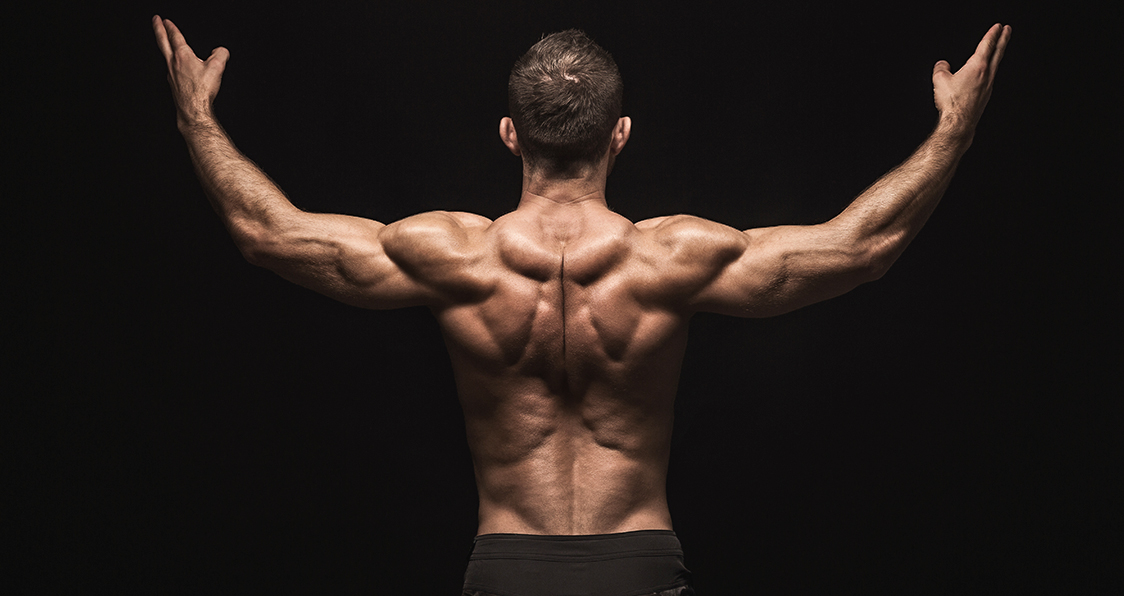Why Sleep Is the Most Overlooked Muscle-Building Tool
In the world of muscle building, most lifters obsess over training splits, macros, supplements, and recovery techniques. And while these all matter, there’s one massively underrated element that could be limiting your strength and size gains more than you realize:
Sleep
It’s not as flashy as protein powders or as satisfying as a PR deadlift, but science is clear—sleep is the foundation upon which your gains are built.
In this article, you’ll learn:
- Why sleep is essential for muscle growth
- The science behind sleep and anabolic hormones
- How sleep deprivation sabotages your performance and recovery
- Proven strategies to improve sleep quality
- How much sleep lifters actually need
🧬 The Science: Why Sleep Fuels Muscle Growth
Muscle-building happens in two phases:
- Muscle breakdown (training)
- Muscle repair and growth (recovery)
Sleep is where the second half of that equation happens.
During deep sleep stages—especially slow-wave sleep (SWS)—your body releases growth hormone (GH) and ramps up protein synthesis, the two main drivers of muscle repair.
Key physiological events during sleep that boost muscle growth:
- ✅ Growth hormone secretion (up to 70% occurs during sleep)
- ✅ Muscle tissue regeneration and protein synthesis
- ✅ Immune system recovery (inflammation control)
- ✅ Mental restoration for focus and motivation
According to a study published in Sleep (Van Cauter et al., 2000), just one night of sleep deprivation can reduce growth hormone release by as much as 70%.
Without sleep, you’re not just tired. You’re hormonally sabotaged.
⚖️ Sleep and Anabolic Hormones: The Hormonal Advantage
Muscle growth is regulated largely by the balance of anabolic (muscle-building) and catabolic (muscle-breaking) hormones. Here’s what sleep does to key players:
💪 Testosterone
- Promotes muscle protein synthesis
- Enhances training performance and recovery
- Peaks during REM and morning hours after quality sleep
A 2011 study from the Journal of the American Medical Association showed that sleeping only 5 hours per night for one week reduced testosterone levels by 10–15% in healthy young men.
💡 Growth Hormone (GH)
- Triggers fat metabolism
- Supports muscle recovery and cell repair
- Spikes during deep sleep (especially in the first half of the night)
🔥 Cortisol
- A catabolic stress hormone
- Elevated with sleep deprivation
- Breaks down muscle tissue and impairs fat loss
Chronic sleep loss = lower testosterone, lower GH, higher cortisol. That’s the trifecta for poor gains and higher fat storage.
🧠 Sleep Deprivation: The Silent Gains Killer
Let’s break down exactly how lack of sleep impacts your muscle-building progress:
Decreased Strength and Power Output
Sleep-deprived athletes show significant reductions in:
- Bench press and squat volume
- Reaction time
- Peak power
According to a 2017 review in Sports Medicine, athletes sleeping fewer than 6 hours per night consistently underperformed in strength and endurance tasks compared to those getting 8+ hours.
Slower Muscle Recovery
Poor sleep delays muscle recovery markers like:
- Creatine kinase (muscle damage enzyme)
- Delayed onset muscle soreness (DOMS)
- Resting heart rate variability (HRV)
Increased Injury Risk
A study in Journal of Pediatric Orthopedics found that athletes who slept fewer than 6 hours per night were 1.7x more likely to suffer injuries than those who slept 8+ hours.
Impaired Nutrient Partitioning
Lack of sleep impairs:
- Insulin sensitivity, which affects how well your body uses carbs for energy
- Muscle glycogen replenishment, essential for performance
- Appetite regulation (increased ghrelin, decreased leptin = overeating)
This often leads to increased fat gain during a bulk, and harder cutting cycles.
🕐 How Much Sleep Do Lifters Really Need?
The sweet spot for optimal muscle growth is 7.5 to 9 hours per night.
Here’s a general guideline:
| Training Load | Sleep Needed |
| Light training (2–3x/week) | 7–8 hours |
| Moderate to intense (4–5x/week) | 8–9 hours |
| High frequency (2-a-days, athletes) | 9+ hours |
💡 Tip: It’s not just quantity—sleep quality matters too. You can sleep 9 hours and still feel foggy if your sleep is fragmented or shallow.
🧘♂️ The Sleep-Performance Connection: Real-World Examples
Elite athletes are increasingly treating sleep as a non-negotiable:
- LeBron James: Sleeps 8–10 hours a night and naps during the day
- Roger Federer: Aims for 9–10 hours per night
- Tom Brady: Prioritizes bedtime before 9 p.m. for deep recovery
If it’s good enough for the top 1%, it should be good enough for your next deadlift session.
✅ How to Optimize Sleep for Muscle Growth: 10 Proven Strategies
Consistent Bedtime and Wake-Up Time
Your body loves rhythm. Irregular sleep patterns disrupt your circadian rhythm and reduce deep sleep.
Limit Caffeine After 2 PM
Caffeine has a half-life of 5–8 hours. Afternoon intake = disrupted sleep latency and quality.
Create a Wind-Down Routine
Your brain needs a signal to transition from high energy to rest. Try:
- 10 minutes of stretching
- Journaling
- Listening to calm music
Block Blue Light
Phones, laptops, and TVs emit blue light that suppresses melatonin.
Solutions:
- Use “Night Shift” or “f.lux” software
- Wear blue light blocking glasses at night
Dark, Cold, and Quiet Bedroom
- Ideal sleep temp: 60–67°F (15–19°C)
- Use blackout curtains and a white noise machine or earplugs if needed
No Screens 30–60 Minutes Before Bed
Instead, read, meditate, or listen to an audiobook.
Limit Alcohol and Heavy Meals Late at Night
Both reduce REM and deep sleep. Avoid eating within 2 hours of bed.
Try Magnesium or Zinc
These minerals support relaxation and recovery. Consult with your doctor before supplementing.
Get Morning Sunlight
Bright light early in the day reinforces your sleep-wake cycle and increases nighttime melatonin production.
Nap Strategically
Short naps (20–30 minutes) can enhance recovery. Avoid long naps after 3 p.m.
📊 Sleep Tracking Tools
You can’t improve what you don’t measure.
Popular tools to monitor sleep duration and quality:
- Oura Ring – Tracks HRV, sleep cycles, readiness
- WHOOP Band – Optimized for athletes
- Sleep Cycle App – Analyzes sleep patterns via your phone
Use these to find trends and experiment with strategies that help you feel better and train harder.
💥 Final Takeaways: Sleep Is Your Anabolic Secret Weapon
You train hard. You eat clean. You chase progress. But if you’re skipping sleep, you’re skipping results.
Here’s what you need to remember:
- Sleep is when muscle repair and growth happens
- It drives anabolic hormone production and recovery
- Just 1–2 nights of poor sleep can reduce testosterone and performance
- Optimizing sleep can dramatically improve strength, endurance, body composition, and mental focus
Sleep isn’t lazy. It’s your most powerful tool for building the body you want.
🛏️ Action Plan for Lifters:
- Aim for 8–9 hours per night consistently
- Implement 2–3 sleep hygiene habits this week (e.g., no caffeine after 2 PM, lights out by 10 PM)
- Track your sleep for 7 days and correlate it with your gym performance
- Treat sleep like training—planned, intentional, and progressive
Your muscles aren’t built in the gym—they’re built in your sleep.





